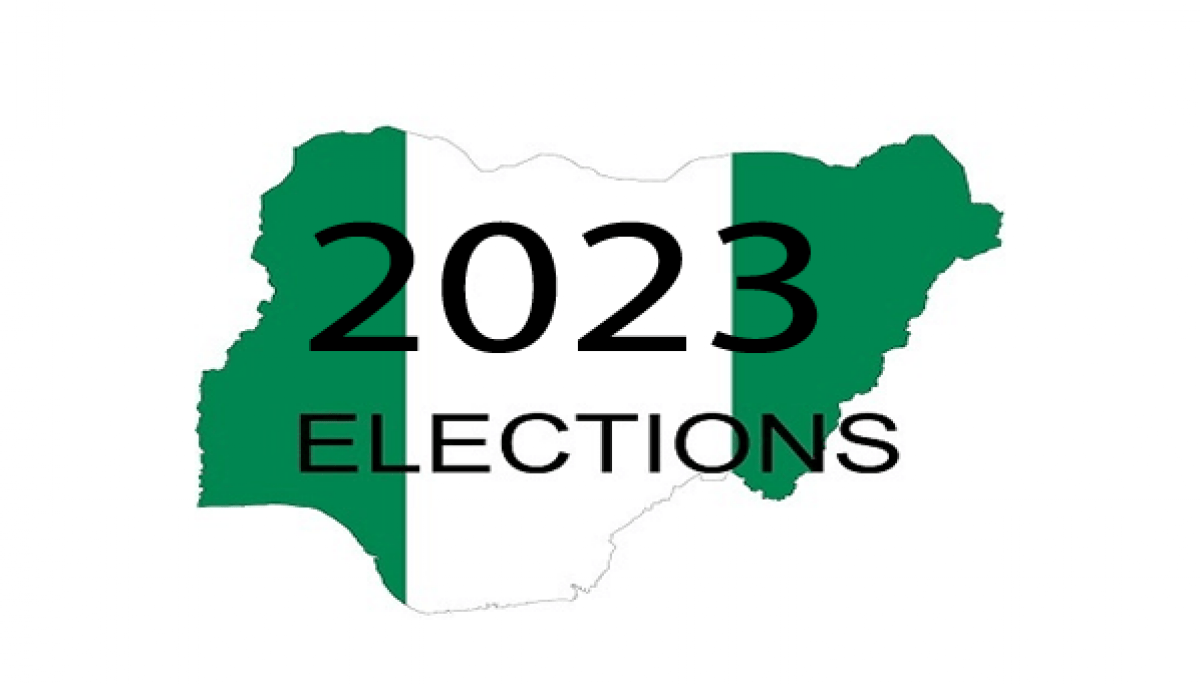Nigeria’s electoral umpire, the Independent National Electoral Commission (INEC) has pledged to do everything within its powers to resist rigging and vote-buying in the 2023 general election which is expected to hold from February 23.
The commission revealed that it has resolved to ensure that polling booths are distanced from the public who are around the voting area.
The reappointed Resident Electoral Commission (REC), Obo Effanga, made this known at the 2022 annual general meeting, fund raising, dinner and flag off of the proposed lavatory/tree planning projects in Imo and Abia states universities in Abuja.
‘If people are buying votes it means votes are important and they can only win on the basis of the votes. And it is because the votes are counting and being counted that is why people are emerging elected on the basis of votes, that is why the politicians are going after the votes by whatever means.
‘They find out that, perhaps the easiest means for them to get the votes is to pay the people to vote for them. And that is what is happening.
‘On the part of INEC, our interest is that anybody who is qualified to vote is given an unfettered access to vote and when the person has voted, the vote is counted and results are declared on the basis of the counted votes.
‘The issue of vote-buying has now become a national malaise. It now becomes the responsibility of everyone who is interested in strengthening democracy to ensure we reduce vote-buying.
‘How do we do that? Information and communication. We need to let the voters know why they should not sell their votes.
‘Because when they do, they cheapen the votes based on the amount they collect and they say to them ‘you can go ahead and do whatever you want to do we me and my future, economy and everything’.
‘One of the things INEC is doing is to ensure at the polling unit, we keep the cubicle a distance of the preening eyes of the public who are around there.
‘As much as possible, we are trying to do that, depending also on the space we have in the polling unit.
‘Sometimes, when you go to these polling units, it is mostly in a congested area because these are communities where you have a lot of facilities.
‘It could be by their market, school and square. So, the space is limited to a number of people in the polling unit.
‘Now, we also need to talk to the voters themselves. We need to talk to the political parties that they should try and win on the basis of how they have sold their plans and programmes to the electorate. But there is another point about vote-buying that I will like to raise. I think that too, often, people lay emphasis on what I refer to as the retail part of vote-buying.’
Effanga also lampooned the elite, especially religious and community leaders of enabling electoral fraud.

